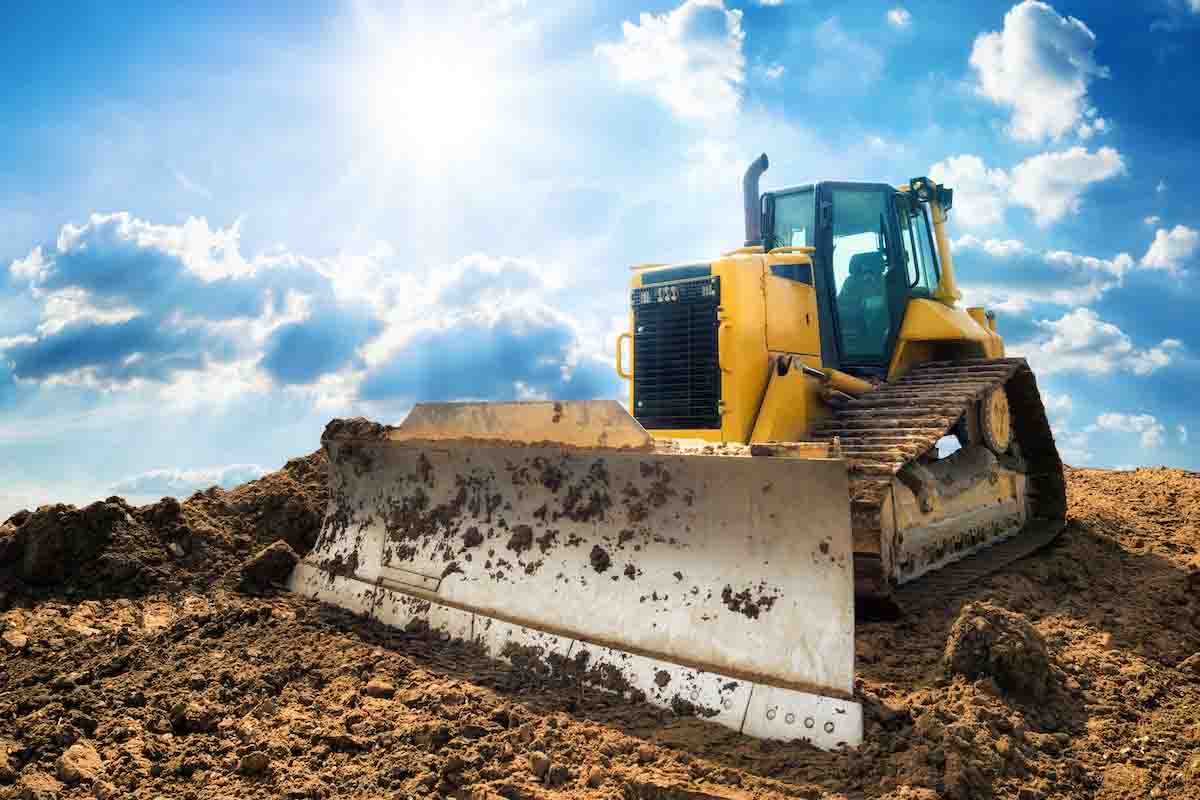What Does a Bulldozer Operator Learn in Training?

When you think of a construction site, you probably imagine bulldozers as part of that mental image. Able to move high volumes of earth in short amounts of time, they’re an indispensable tool for leveling off uneven ground and moving other materials on a worksite. Due to this power, it’s very important that bulldozer operators are highly trained lest they damage the site or hurt individuals.
Operating a bulldozer requires a specialized set of skills and knowledge, which is usually acquired through training. In this article, we’ll look at five things a bulldozer operator will learn in their specialized education:
1. Safety Protocols and Regulations
Safety is by far one of the most important aspects of bulldozer operation. Aspiring bulldozer operators can learn about the various types of safety protocols and regulations that govern the use of heavy equipment on jobsites. This can include things like how to perform safety checks before operating your bulldozer, how to secure the work area, and what to do in an emergency.
2. Bulldozer Components and Functions
Bulldozers are highly complex pieces of machinery, and it’s important for bulldozer operators to have a full understanding of the equipment they’re operating. Students will learn about the different parts of a bulldozer and their functions, including the engine, hydraulic system, tracks, and blade. They will learn how to operate the controls and adjust these parts on the fly, if needed, to achieve their goals.
3. Site Preparation
While bulldozer operators will rarely be working solo—usually, they will be part of a full jobsite construction crew—it’s important to understand what a bulldozer is there to do before the rest of the work can start. Removing trees, rocks, and other obstacles is a key part of the job for bulldozer operators, and learning how to do it efficiently and safely is a critical element of learning how to work a bulldozer.
4. Soil and Material Types
Not all dirt is the same. Understanding how different soils behave and how different non-soil materials behave is instrumental to knowing how to work a bulldozer across any range of jobsites. This will help bulldozer operators understand the best techniques for moving and grading materials.
5. Communication
One of the most important things to master on a jobsite is communication. Understanding how foremen and other equipment operators and key support staff engage with each other is vital to being a productive, safe member of a jobsite team. Communicating effectively with crane operators, truck drivers, project managers and more—including hand signals—is a key part of being a good bulldozer operator.
These are just a few of the things a bulldozer operator might encounter in their training programs. Bulldozer operator training courses are designed to provide would-be operators with the skills and knowledge they need to operate heavy equipment like a bulldozer in a construction site environment.
If you’re looking for expert heavy machinery training in the Pacific Northwest, contact West Coast Training today.
